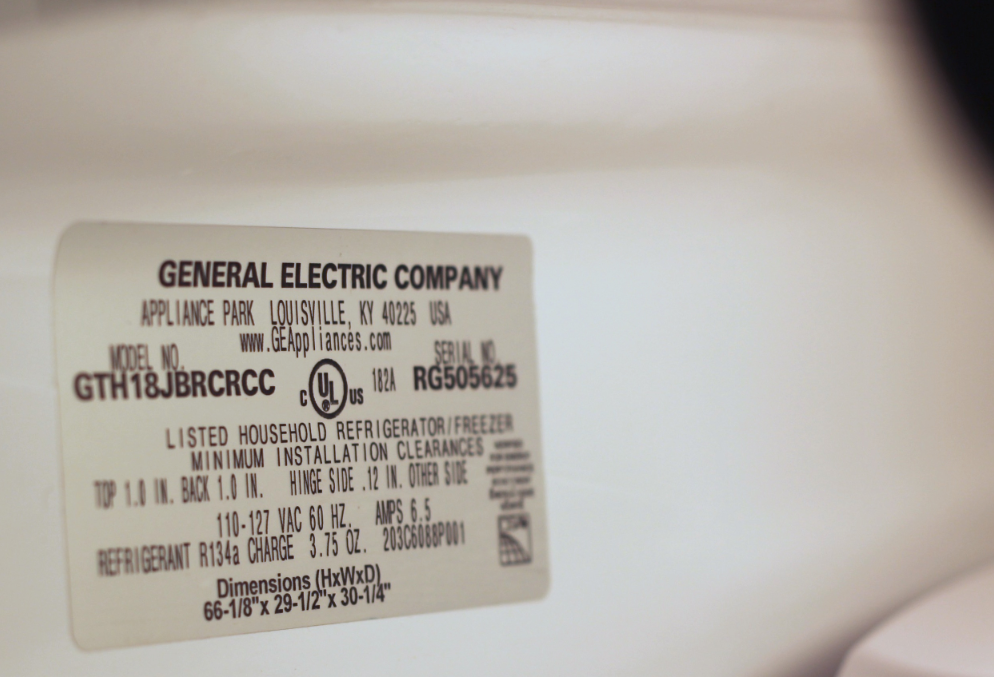If you’re planning to sell wireless devices in the United States, you need to comply with the Federal Communications Commission (FCC) regulations. The FCC Safety Certification ensures that your wireless devices are safe and comply with the regulations set by the FCC. In this article, we’ll discuss the requirements and guidelines for FCC Safety Certification.
What is FCC Safety Certification?
FCC Safety Certification is a process that ensures that wireless devices comply with the FCC’s technical requirements and are safe for human exposure to electromagnetic radiation. The certification process includes testing and evaluation of wireless devices to ensure they comply with FCC regulations.
Who Needs FCC Safety Certification?
Manufacturers, importers, and retailers of wireless devices are required to obtain FCC Safety Certification before selling their products in the United States.
Types of FCC Certifications
There are two types of FCC certifications: Verification and Declaration of Conformity (DoC). Verification is a self-declaration process where the manufacturer is responsible for ensuring the device complies with the FCC regulations. DoC certification requires testing by an FCC-accredited laboratory.

FCC Safety Certification Requirements
The FCC Safety Certification requirements include compliance with electromagnetic radiation limits, radio frequency emissions, and safety standards. The manufacturer must provide a test report from an FCC-accredited laboratory to demonstrate compliance with these requirements.
Benefits of FCC Safety Certification
FCC Safety Certification ensures that your wireless device complies with the FCC regulations, which reduces the risk of interference with other devices and human exposure to electromagnetic radiation. It also provides legal protection and increases consumer confidence in your product.
Conclusion
Obtaining FCC Safety Certification is a crucial step for manufacturers, importers, and retailers of wireless devices in the United States. By complying with the FCC regulations, you ensure that your wireless device is safe and reduces the risk of interference with other devices. It also increases consumer confidence in your product and provides legal protection.




